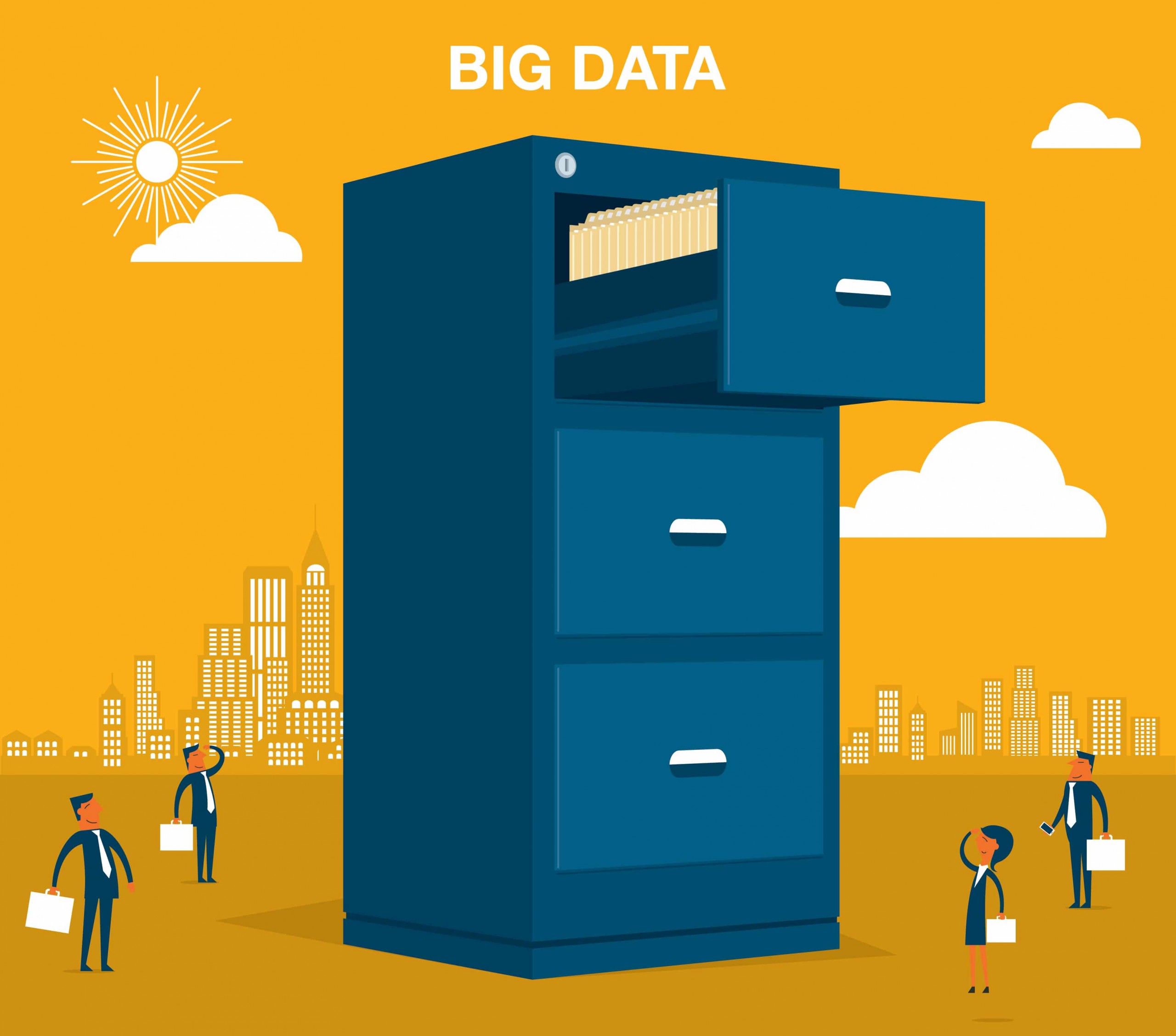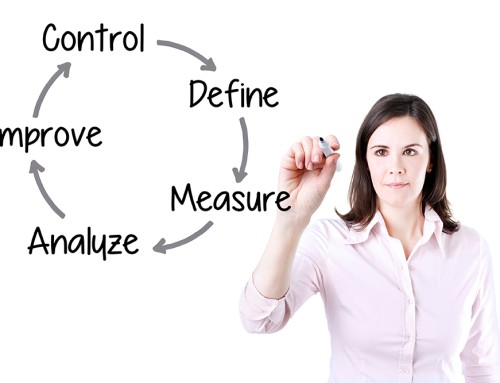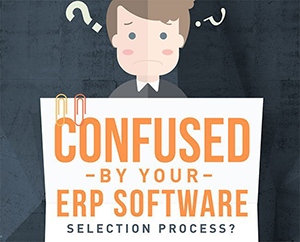Getting started with your first big data project

7 Questions to ask before your first Big Data Project
A lot of the discussion around information technology trends at the moment centers around the concept of big data which is the idea that organisations of all sizes have to increasingly cope with more and more information, both structured and unstructured, that they need to manage for multiple reasons.
Whether it is driven by legal reasons such as meeting legislative compliance requirements, delivering products and services to customers or managing competitive information the volume, type and location of this data is constantly growing and eventually most businesses will find that they have a need for some kind of solution to help them manage it.
This then takes the business down an evaluation path that has multiple concurrent areas that need to be considered and a few of the primary ones that I have encountered when discussing the issue with business owners and managers focus around cost of hardware and software to manage the influx of data, cost of software to visualize and prepare/present the data for interpretation and of course, the cost of up skilling staff to be able to interpret that data.
These are all, without doubt, critical considerations that need to be factored in but are relatively “tactical” in nature and assume that a decision has been taken to implement some kind of solution to manage this data and as Sun Tzu once observed in his book The Art of War – “tactics without strategy is the noise before defeat” so my proposition is that you need to first built a strategy around how your business will utilize this new source of information.
So what do you need to consider as part of the strategy and how do you build and explain it to all your stakeholders in a way that helps them understand the objectives and more importantly, get on board as part of the project?
Well, start simple is always a great piece of advice that I have seen reap rewards time after time regardless of the project.
There’s always a temptation to go with a big bang approach and try to roll out a project that will impact on all aspects of the business however, my recommendation is to start small and pick a specific department or team in the business that can benefit from such an initiative.
You’ll know which one is the right one in your business but I have found that there are 7 key questions that can help you in the process of determining the best way to move ahead and identifying the business value.
The 7 Questions you need to ask when contemplating a Big Data project
- Are you in a position, both from a financial perspective and from a resourcing standpoint, to implement the recommendations and key findings of the project?
- Do you have people in the business that can leverage the data effectively and if not can you find them?
- Are there large sources of data that you haven’t been able to record/query in the past because the technology was too complex or expensive?
- Where are there opportunities to improve your decision making inside the business – sales, purchasing, expense management, competitive analysis, customer service?
- Do you have a central system of record in the business where all customer data is stored such as an ERP or CRM solution? It’s the natural place to start.
- Where do you currently rely on your information systems to record transactions and what are those transactions related to?
- Can you leverage the information to improve your financial position – boost sales, lower costs? How will you do this?
The opportunities to leverage data for better business operations are almost endless and can come from traditional areas such as the companies ERP system, from leveraging data that exists in publicly available data repositories, going back to prior years of data and bringing that data together for trend analysis – even simple areas like looking at web site logs, social media interactions and so forth.
Of course all these approaches hinge on having a relatively large and statistically relevant amount of data so you are probably thinking that if you are a startup, then there’s some way to go before you will be ready for such a project.
As Steven Covey identified in his book, The 7 Habits of Highly Effective People, one of the key habits is to begin with the end in mind, so if you are a startup, you are in a great position to think about the data you need to start gathering from day 1 to help you and how you’ll use it as well as the 6 questions I have already raised.









Leave A Comment